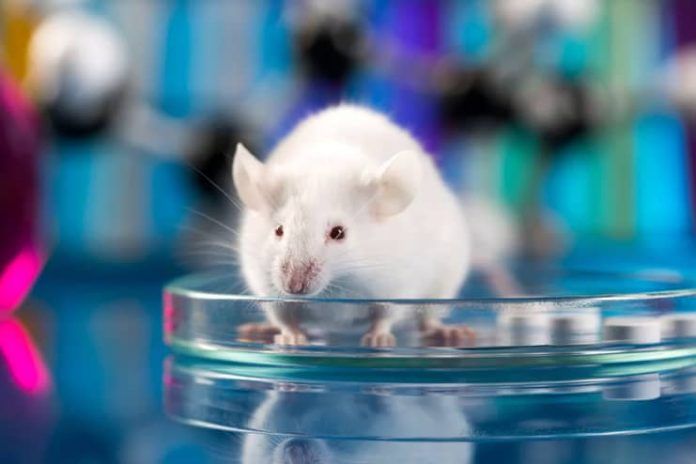Affiliate Disclaimer
Some links in this article are affiliate links. We may earn a small commission if you make a purchase through these links, at no extra cost to you. We only recommend products we find useful to our readersObesity has been an alarming problem faced by millions of people worldwide. With the growing levels of stress, sedentary lifestyle and the overall lack of proper diet has been a big contributor to the consistent rise in the levels of obesity around the world. But a new study has made a breakthrough by finding a metabolism regulator in a natural protein, BP3, in the obese mice.
A new study (R) conducted by the researchers of the Georgetown University Medical Centre recently traced the presence of a natural protein in the obese mice responsible for impacting the overall fat loss by 1/3rd. The protein, which was initially being tested out for its potency in treating cancer, was found to be an effective metabolism regulator.
The researchers found that the forced expression of the protein in the obese mice actually did produce effective response in the reduction of their fat mass even with the genetic predisposition of being hungry all the time.
The study, which was published recently on the Scientific Reports, claims the efficacy of the protein FGFBP3 (BP3 for short) in treating some of the major diseases related to the metabolic disorders, primarily type-II diabetes as well as liver dysfunctions like that of fatty liver disease.
Because of the fact that BP3 is a natural protein and not an artificial drug, the researchers stated about the possibility of conducting the clinical trial with the recombinant human BP3 after the successful completion of all the pre-clinical trials.
Anton Wellstein, MD, PhD, a professor of oncology and pharmacology at Georgetown Lombardi Comprehensive Cancer Center stated saying that they established the fact that 8 treatments with the BP3 protein over the course of 18 days was enough to induce fat reduction by 1/3rd of its original amount which is groundbreaking.
Wellstein further exclaimed that it was not just the excess accumulation of fat that was effectively gotten rid of, the protein also aided in getting rid of the accessory symptoms that come along with the obesity like that of hyperglycemia, which is the condition characterized by the excess accumulation of blood sugar linked to diabetes. Not just that, it also helped gets rid of the excess accumulated fat in the liver.
The researchers even went on to mention for a fact that the same didn’t induce any kind of negative side effects on the body which was definitely an added bonus.
Obesity, as mentioned before, affects millions of people worldwide and is the pivotal reason behind the induction of the metabolic syndromes like that of insulin resistance, hypertension, glucose intolerance and heightened levels of lipid profile in the body.
The BP3 protein primarily belongs to the family of fibroblast growth factors binding protein. These growth factors are predominantly found in strains from worms to humans and have impactful benefits in a number of body functions like that of cell growth, wound healing and they mainly act like hormones.
The BP3 is a carrier protein that primarily just attaches to the fibroblast growth factors to enhance their impacts and functionalities. Wellstein has previously worked around with BP1 find its impact on several aspects of cancer treatment in which he concluded that there was a direct connection between the excess delivery of the fibroblast growth factors with the risks of cancer. It was recently that the scientist moved his attention from BP1 to BP3.
The researchers upon looking further found that this protein primarily bound to the three of the fibroblast growth factor proteins (19, 21 and 23) which are directly related to the metabolism control. The FGF19 and the FGF 21 is directly responsible for regulating the storage of the carbohydrates and the fats while the FGF23 is directly linked to the phosphate metabolism.
Wellstein addressed the conclusion stating that they found that the presence of BP3 in the bloodstream was quite beneficial and impactful in the overall metabolic control. It was found that the heightened levels of BP3 in the blood boosted the overall activities of the FGF19 and FGF21 that indirectly contributes to the overall carbohydrate and lipid metabolism.
Last but not the least, with the revved up rate of metabolism and better fate of the carbohydrates and lipids in the body, the sugar in the blood is metabolized and the lipids in the liver are used to generate energy and are not stored.
The researchers finally stated saying that while the findings are actually quite exciting and impactful, more research, especially clinical research is required to test out the metabolism regulator property of the natural protein.




















